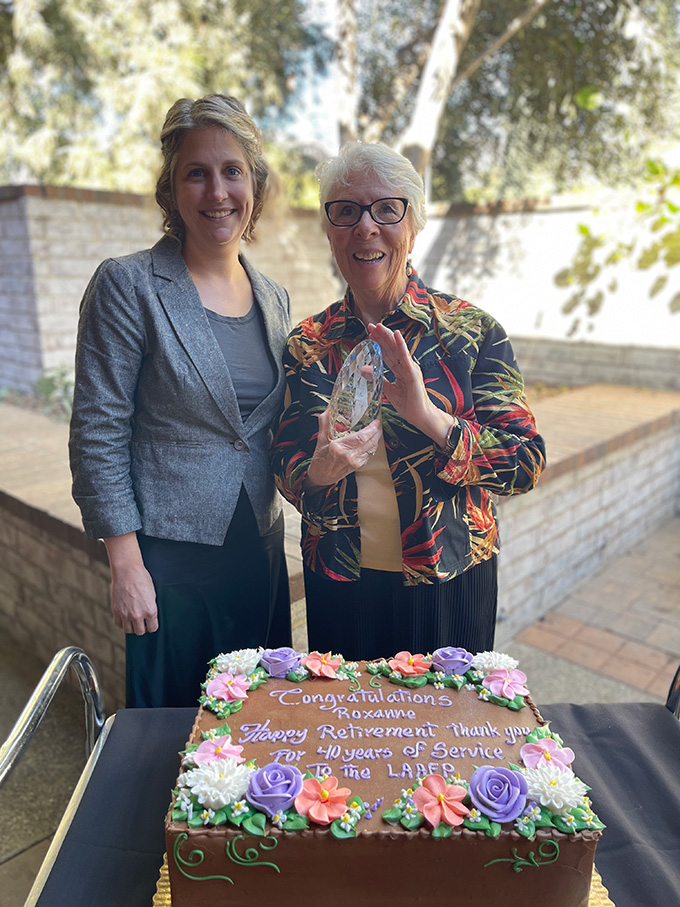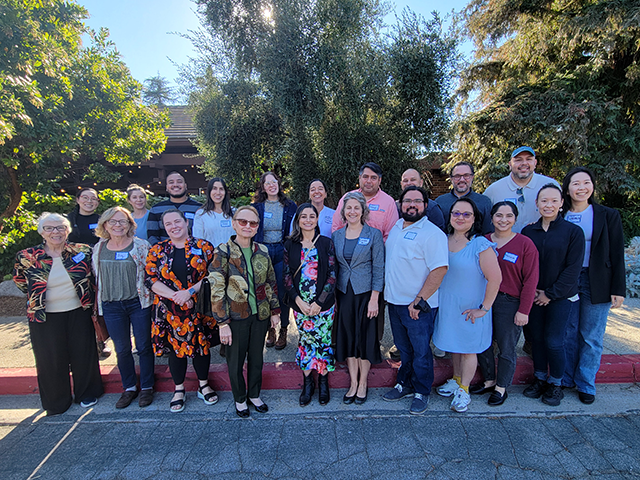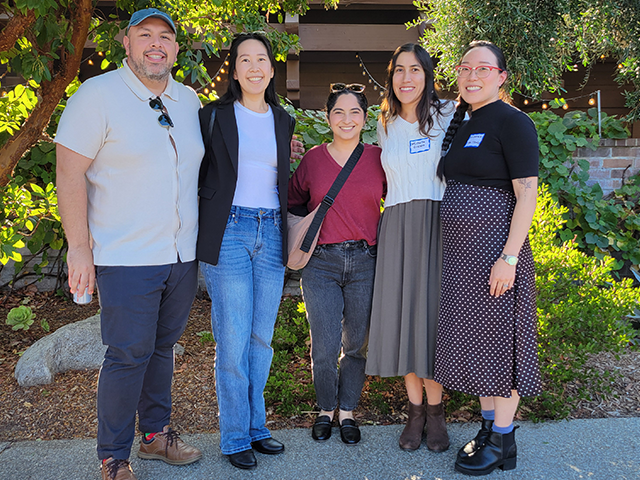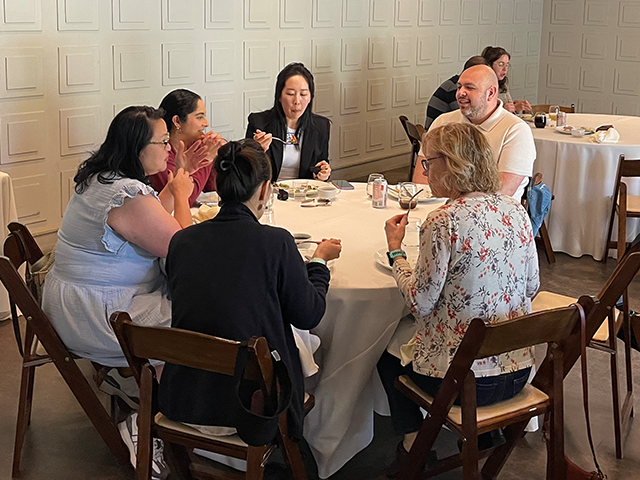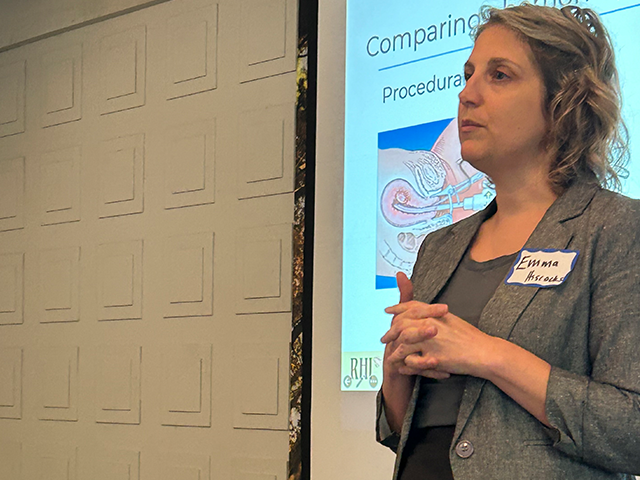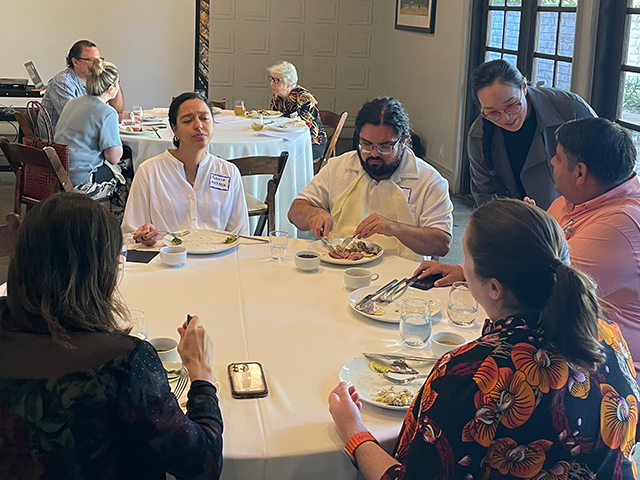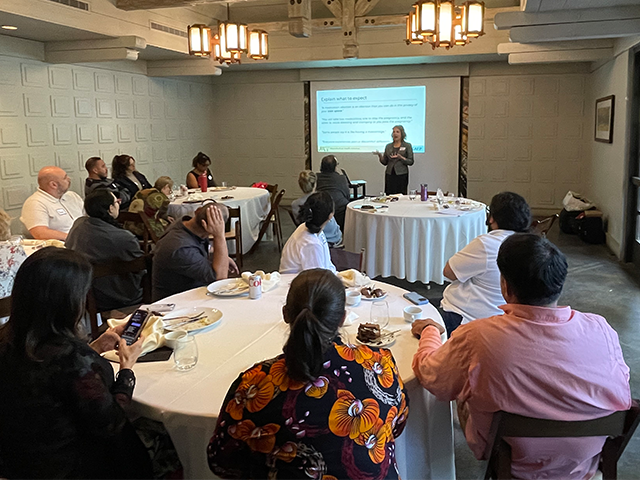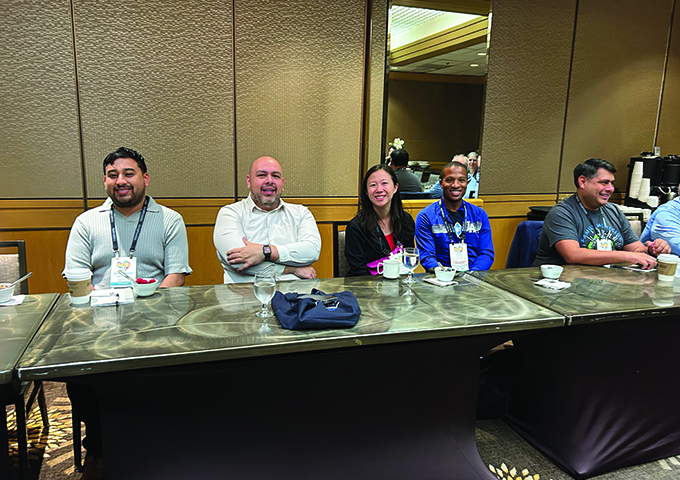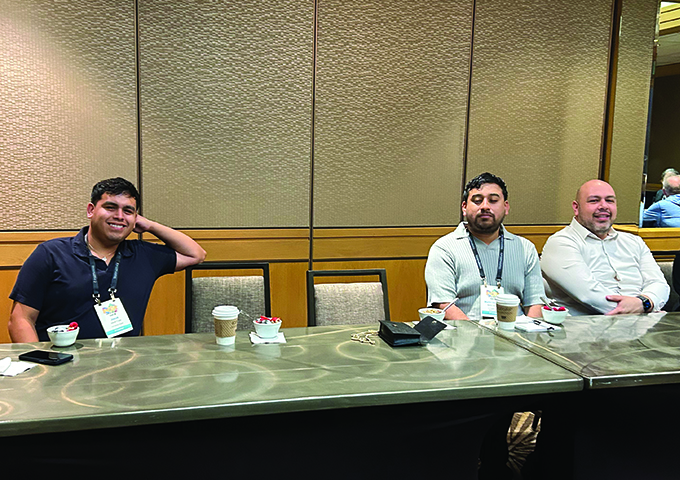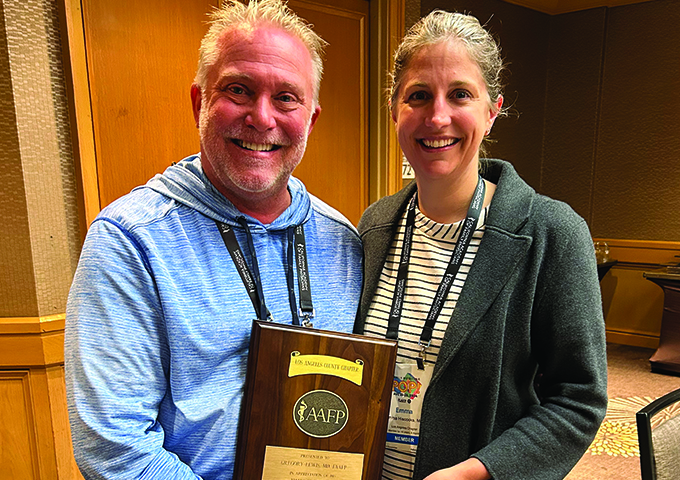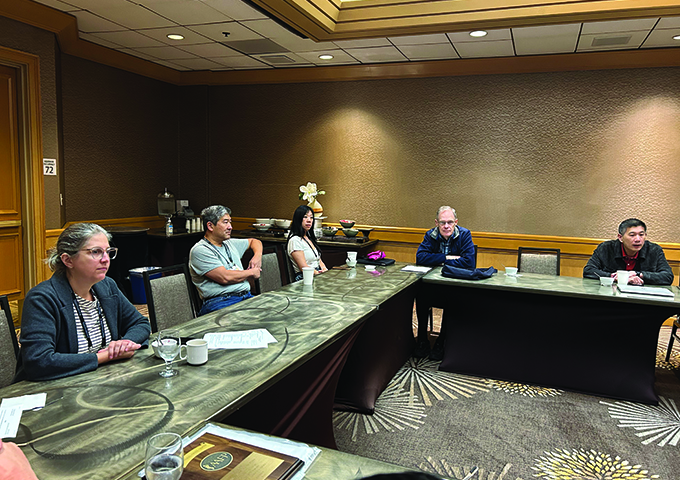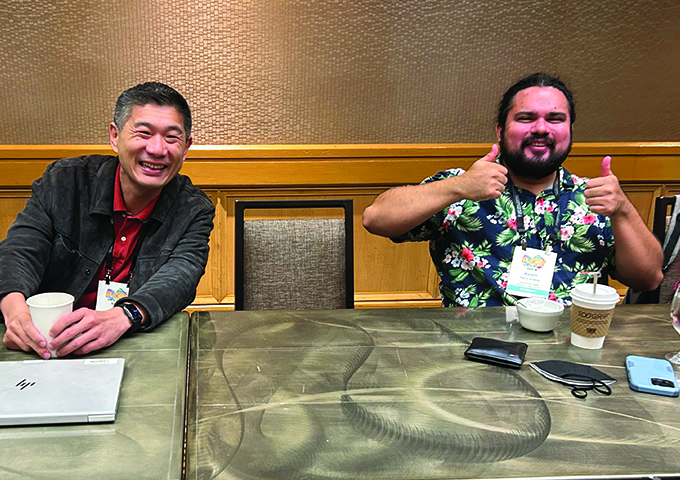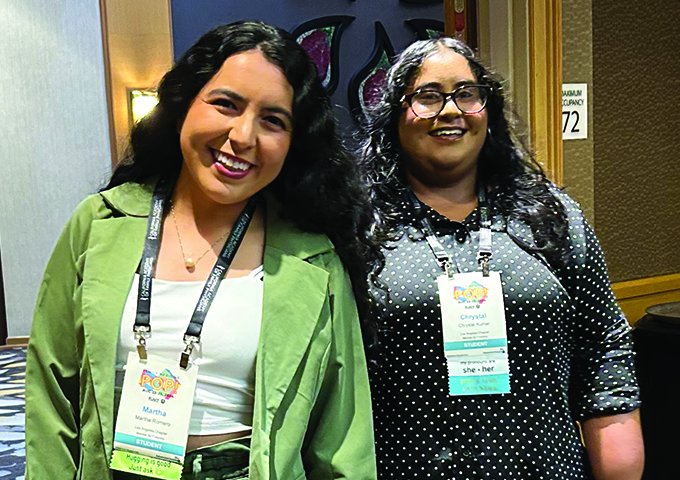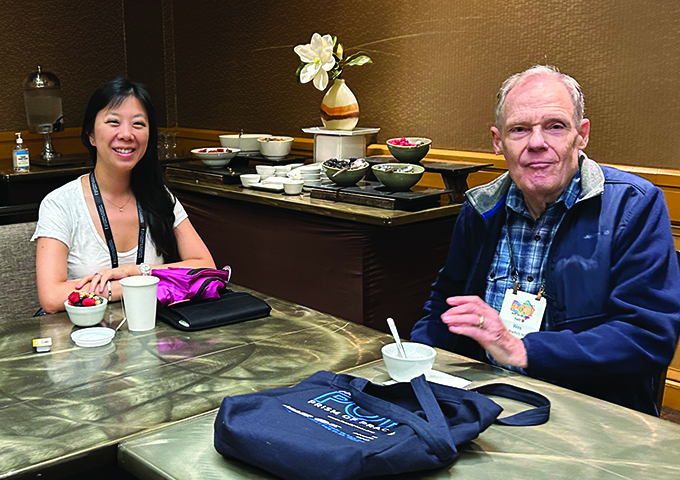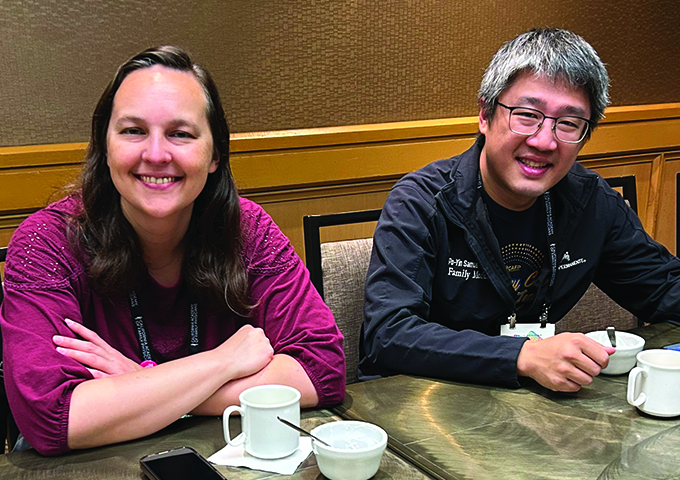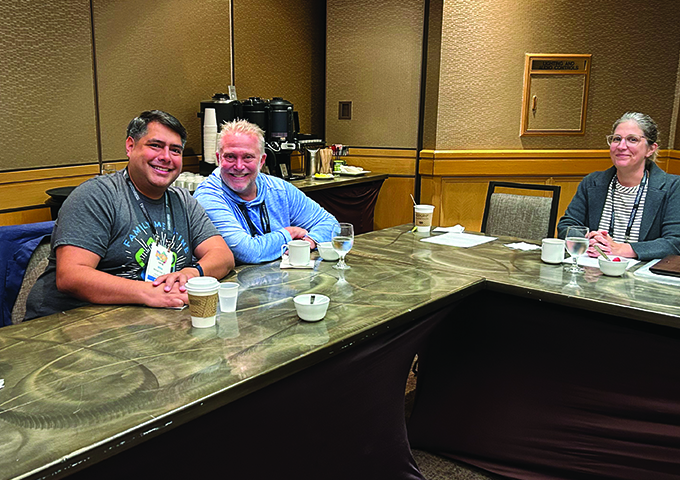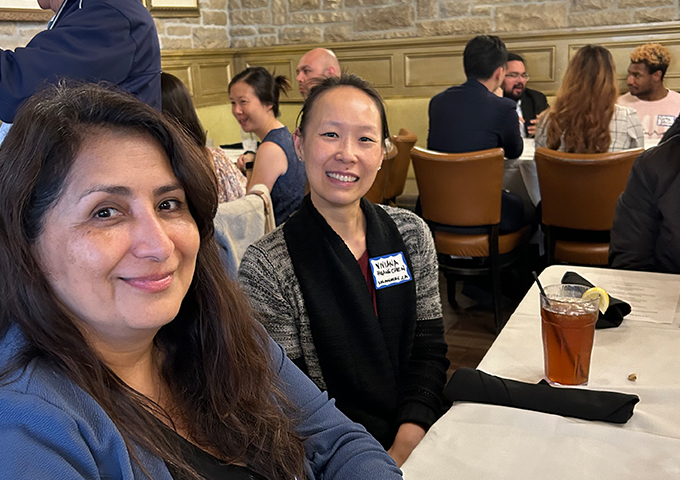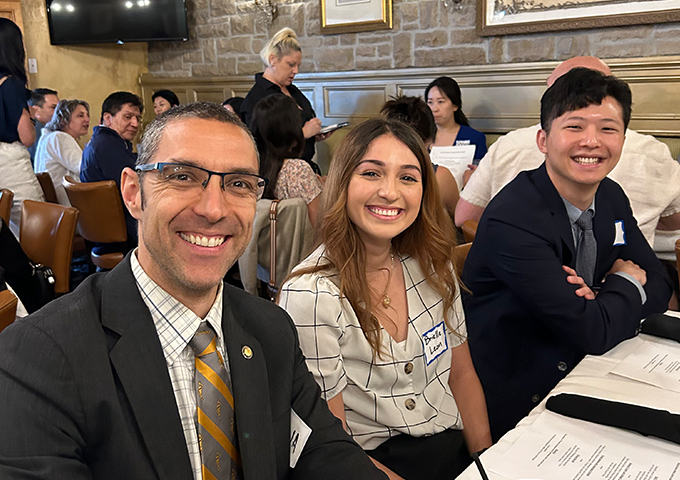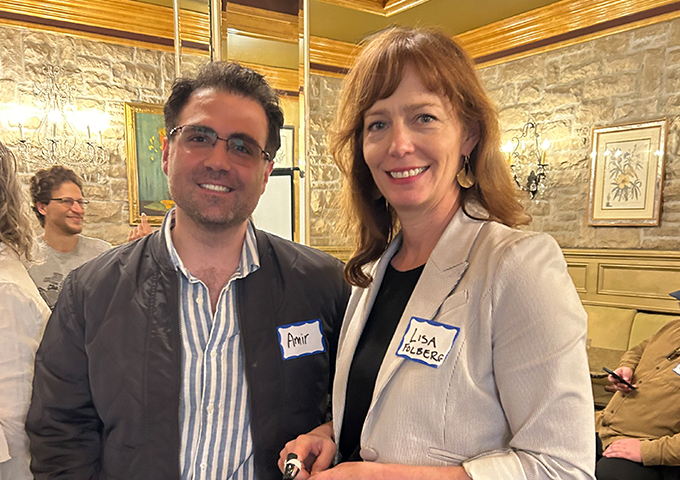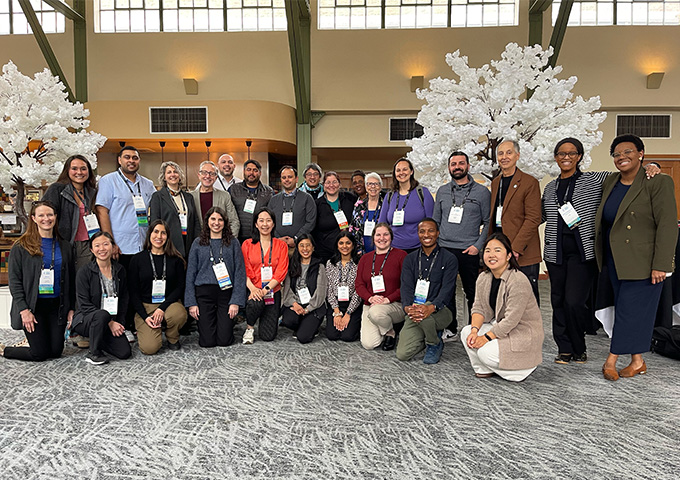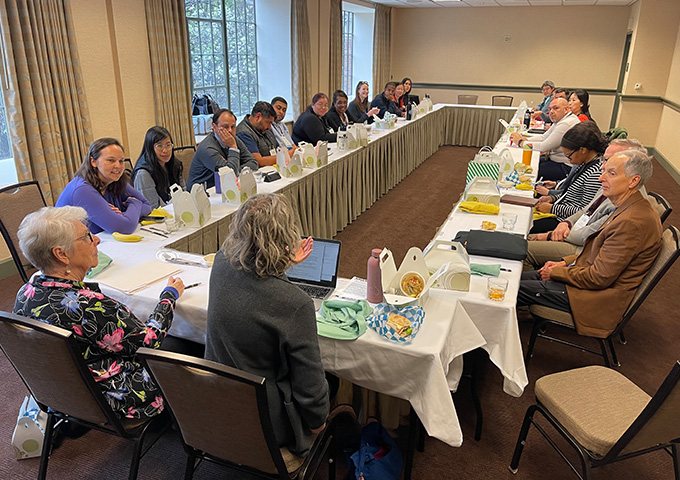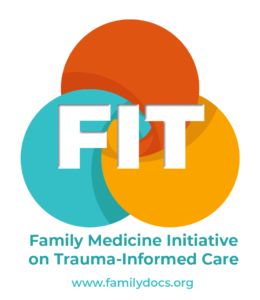Balance
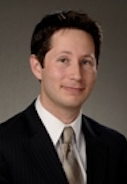
Thinking back on medical school, the concept of achieving work life balance has been lauded as a major key to happiness. We have to remember to take time for personal health, eating well and getting exercise, because if we don’t take care of ourselves we can’t take care of our patients. We have to keep up with faith, spirituality and mindfulness, because If we lose touch with that aspect of our lives, we will lose meaning in our work. We have to make time for friends, family and relationships because they are the support network that helps us through the hard times. All these major life categories are important, in fact just as important as our dedication to our profession and patients. The problem I have had is treating work-life balance as a goal that can be achieved, instead of a process, which is dynamic and ongoing.
When treated as a goal, I was always feeling like I was failing. If I got home late, I was failing. If I skipped my evening run, I was failing. If I was late to a date. I was failing. If I left charts open, delayed answering a patient email until the next day, or got behind on sorting through lab results I was failing. There seemed to be a constant weight on my shoulder and perhaps even guilt for not being a better friend, romantic partner and doctor.
Over the last couple of years, I have shifted towards treating balance as an ever-moving target. From week to week I adjust what areas may require more attention and shift around. I find a lot of joy in hobbies. I’ve returned to SCUBA diving, running, collecting weird succulents, and taking some guitar lessons. I started really shifting my non-work hours towards non-work activities. Interestingly enough, I have found numerous patients who share these hobbies, and we have had great discussions about wellness, overcoming injuries, staying active. Focusing on my personal time has actually improved my work time. The lesson I take from this is that some mantras have been well meaning but misleading. Ultimately, to take care of people, you need to be a person. To pretend that physicians are beyond the pressures that all of our patients’ face is to create unrealistic expectations and ultimately feelings of failure and burn out.
As I see my primary care friends struggle along with me, I hope we can serve as network for each other and continue to work on solutions that make this daily battle easier, and more winnable for us all.
Here’s wishing you wellness and happiness and if no one has told you recently, thank you for being a family medicine doctor!

